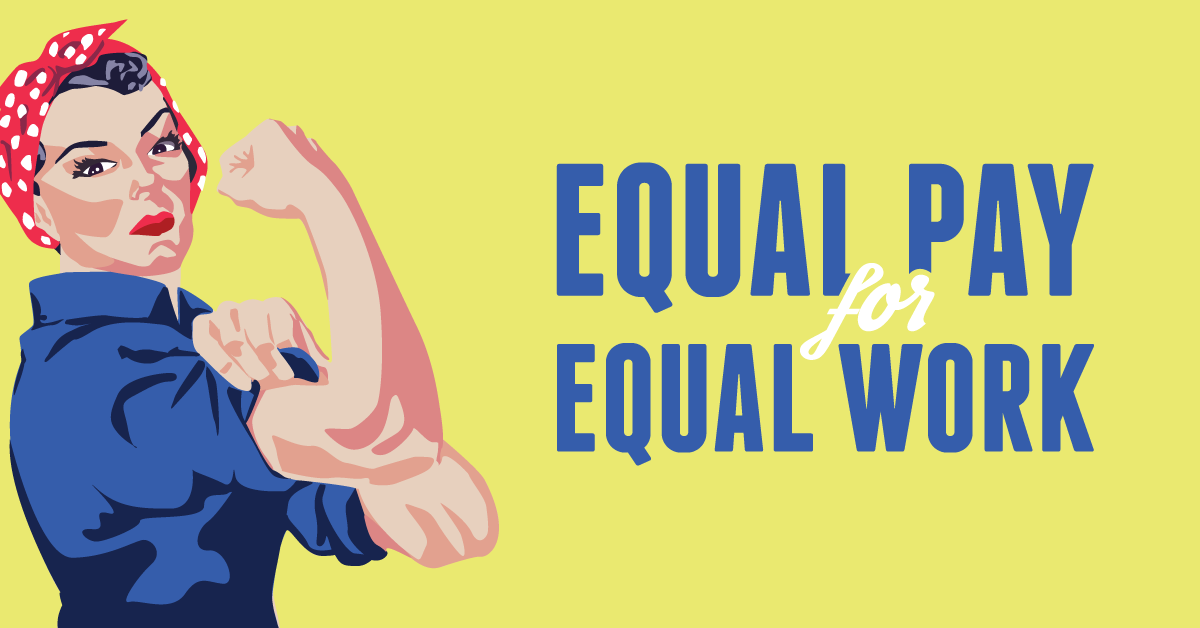A fortnight ago, working women across the UK awoke to the disheartening news that even holding the top jobs can place them in a significantly inferior position to their male counterparts. A recent report published by the Chartered Management Institute (CMI) and XpertHR shows that of over 3 million managers in the UK alone, the current disparity between the earnings of men and women stands at a shameful 26.8%. With the gender pay gap figure for all workers being 18.1%, this newly released increase proves that women holding managerial positions are actually facing a unique disadvantage. Whilst it may be expected that having a professional role guarantees increased economic equality, the data (taken from more than 118,000 employees in 423 different organisations) shows that in fact, the opposite is happening. With the UK ranked by the World Economic Forum as 18th for gender equality in the world (2016), what do these discouraging statistics mean for the future of women’s equality, socially, economically and politically?

Under the impression that the previous formal guidelines simply were not painting a true picture of what the gender pay gap looks like in action, new requirements were introduced for this year’s report. These included disclosing all bonuses, as well as ‘work perks’ such as company cars and commissions. As managers in general are more likely to receive such benefits, the new figures show that not only are male managers being paid more, they are also in receipt of a better deal overall.
There is also a notable difference between the status, pay and benefits of junior and senior managers, with senior positions overwhelmingly male dominated (almost 75%) and junior positions being comprised mostly of women, at 66%. This in itself ensures that the salaries of male managers are always kept elevated above those of their female colleagues. Supporting this claim, CMI’s chief executive Ann Francke described the modern day workplace as a ‘glass pyramid’, whereby women with managerial responsibilities are more often than not given lower paid junior roles, struggling to achieve the senior positions and consequent perks which male employees are so frequently handed.

Whilst there is currently a gender pay gap prevailing in all regions of the UK, some areas are suffering a greater impact than others. Women in the Midlands are facing the most substantial crisis with regard to employment equality, with an average male managerial salary of £42,745, almost a third higher compared to the female average of £30,038. Another region severely lacking in equal pay provision is the North East, where men earn 28.8% more than women. The most ‘progressive’ region of all is Scotland, with a gap of 21.5%, over a fifth more earned by men.
“almost a third higher compared to the female average”
Despite the slow, meticulous so-called progress being made, the pressing need to expose companies who fail to provide equal pay have not been ignored by the British government. Regulations were introduced earlier this year, aimed at tackling the injustices of workplace inequalities. With this, companies employing over 250 people will be instructed to publish their company’s gender pay gaps, all within one year of notice. Whilst this news appears positive, such calls for transparency have not been reciprocated by companies themselves, with the CMI reporting that only 77 of 7,850 have succeeded in doing so. Such refusal to comply leads one to assume that these hidden figures are not encouraging for the future of gender equality. What does this mean for both current and future generations of aspirational women in society?
Catheryne Sturgess-Fairbairn
Image: [ARC Union]

